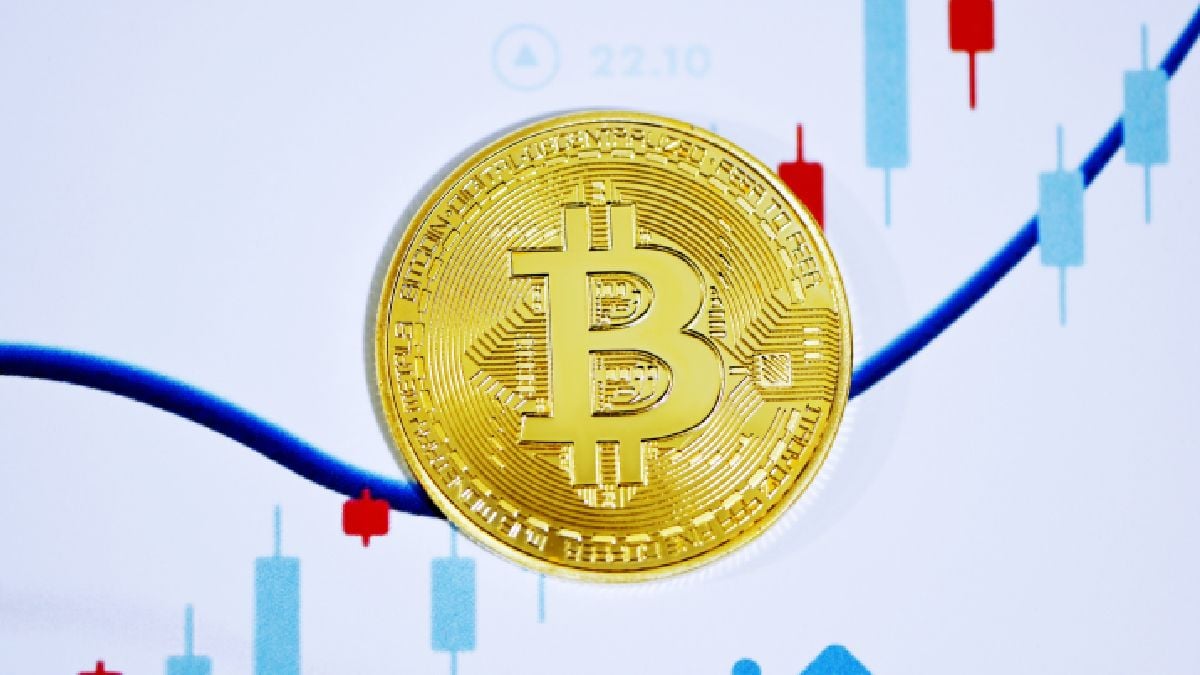One of the most common criticisms of cryptocurrency is that it is just a way to get around financial rules and regulations. That criticism is not entirely wrong — but with crypto, as with many other innovations, regulatory arbitrage is a feature, not a bug. Very often, regulatory arbitrage is most successful when the innovation improves on some aspects of the older methods. The arbitrage conveys the message that the old regulations need to change.
Consider a concrete example. Many cryptocurrency institutions issue tokens, which to many regulators possess the properties of securities and ought to be regulated as such. But they aren't, at least not uniformly. So if you issue a crypto token, but don't have to register it as a security and go through the process of satisfying securities laws, you are engaging in regulatory arbitrage.
It is worth thinking through why some of the regulations ought to change in this new context. In the pre-crypto world, issuing a security involved a host of institutional preparations and investments and legal planning, even apart from whatever regulatory constraints needed to be met. Issuing crypto tokens is usually easier and quicker, and quite immature institutions have done so. Software and blockchains do much of the work that once required offices, personnel and a lot of hands-on management.
There could be software that automatically issues crypto tokens, based on smart contracts that specify conditions for issuance. This very possibility is a sign of how much things have changed.
Standard US regulatory practice typically focuses on regulating host firms and intermediaries, rather than software. Yet once a blockchain is verifying, storing, and communicating information, it is hard for regulators to step in and make a meaningful difference. Thus the old regulatory model no longer applies to a significant part of the crypto experience.
And the lower costs of token issuance mean that the issuing intermediaries can be quite thinly capitalized. Often they are either not able or not incentivised to meet a lot of regulations. In addition, an institution can participate fully in the crypto space without being based in the US or being tied to any specific nation-state.
You can inveigh against those features of the market. Regardless, they are going to mean a radically different set of regulatory constraints. They also mean that some kinds of securities (if it is appropriate to call them that) can be issued far more cheaply than before.
Given this reality, shouldn't regulations be changed — and substantially? This may include some areas where regulation is even tighter, though overall regulations will likely become looser. The regulators will have to learn to live with a more decentralised market structure that has lower costs and is harder to control. It is common sense that when software can substitute for major capital investments, regulations ought to change, even if observers disagree over how.
Unfortunately, the regulatory process is static and typically slow to change. Regulatory agencies often stick with the status quo until it is no longer tenable. One of the benefits of regulatory arbitrage is that it forces their hand and brings about a new equilibrium.
Even if you think the current regulations are appropriate, you should acknowledge that they too are the product of earlier episodes of regulatory arbitrage: In the 1980s, for example, junk bonds helped bypass some regulations on equity. Regulatory arbitrage has long been a means by which regulations are kept at least somewhat up to date.
To get back to the example at hand: It is true that many crypto token schemes are marketed under false pretenses or are part of a “pump and dump” strategy. These negative aspects of the token phenomenon should not blind us to their possible benefits as a new method of raising funds or using markets to value projects. Many valuable innovations — the railroads and the Internet come to mind — were also plagued by investor fraud early on.
The argument is not, to be clear, that regulatory arbitrage always is good. It can lead to regulatory overreaction or, conversely, to regulatory holes that remain for too long and allow persistent fraud or systemic risk. The argument is that, fundamentally, regulatory arbitrage is part of a process that leads to lower costs, greater innovation and better rules.
People often ask me what crypto is good for. It's good for a lot of things, and I am happy to recite some, but surely one of its more underappreciated benefits is that it is a form of regulatory arbitrage.
© 2022 Bloomberg LP
Cryptocurrency is an unregulated digital currency, not a legal tender and subject to market risks. The information provided in the article is not intended to be and does not constitute financial advice, trading advice or any other advice or recommendation of any sort offered or endorsed by NDTV. NDTV shall not be responsible for any loss arising from any investment based on any perceived recommendation, forecast or any other information contained in the article.
Affiliate links may be automatically generated - see our ethics statement for details.  Binance Partners Worldpay to Bring Fiat-to-Crypto Payments via Apple Pay and Google Pay8 April 2025
Binance Partners Worldpay to Bring Fiat-to-Crypto Payments via Apple Pay and Google Pay8 April 2025 US Department of Justice Reportedly Shuts National Cryptocurrency Enforcement Team8 April 2025
US Department of Justice Reportedly Shuts National Cryptocurrency Enforcement Team8 April 2025 Coinbase, Uniswap Officials to Join Crypto Task Force's Roundtable on Trading Regulations8 April 2025
Coinbase, Uniswap Officials to Join Crypto Task Force's Roundtable on Trading Regulations8 April 2025 PayPal, Venmo Expand Crypto Offering with LINK, SOL Tokens Owing to User Feedback7 April 2025
PayPal, Venmo Expand Crypto Offering with LINK, SOL Tokens Owing to User Feedback7 April 2025 WazirX's Restructuring Scheme Approved by Over 93 Percent Creditors, Refunds to Start Soon7 April 2025
WazirX's Restructuring Scheme Approved by Over 93 Percent Creditors, Refunds to Start Soon7 April 2025
![[Sponsored] Meet Your AI-Powered Learning Partner: Samsung Galaxy Book5 Pro 360](https://c.ndtvimg.com/2025-04/mgdq7po8_samsung-_160x120_07_April_25.jpg?downsize=180:*)
![[Sponsored] Samsung Galaxy Book5 Pro 360: Your Smartest Productivity Upgrade Yet](https://c.ndtvimg.com/2025-04/thlin7v8_samsung-_160x120_07_April_25.jpg?downsize=180:*)













